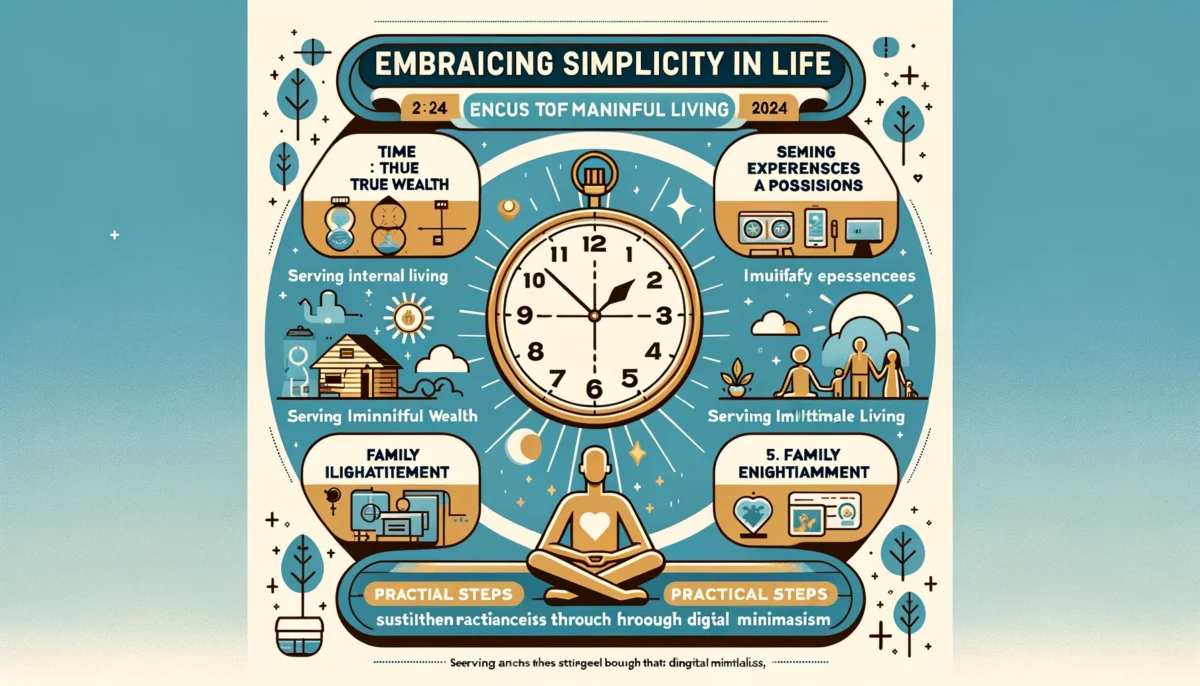In our fast-paced, productivity-obsessed culture, the mantra “always be doing something” seems to be a guiding principle for many. However, there is a profound difference between actively choosing to do nothing—embracing stillness and mindfulness—and merely trying to do nothing, which can be a form of avoidance or lack of direction. This article delves into why consciously choosing inactivity can be more beneficial than aimlessly attempting to disengage.
The Paradox of Doing Nothing
At first glance, the statement “it’s better to do nothing than trying to do nothing” might seem contradictory. However, this paradox highlights a deeper truth about intentionality and presence. Doing nothing, when chosen deliberately, is an act of mindfulness. It involves being present in the moment, aware of one’s thoughts, feelings, and surroundings without the compulsion to act on them. This form of inactivity is a purposeful disengagement from the constant need to be productive, offering mental rest and clarity.
On the other hand, trying to do nothing often stems from a place of indecision, procrastination, or an attempt to escape from responsibilities. This is characterized by a sense of aimlessness, where one might engage in mindless activities like aimless scrolling through social media, not as a conscious choice but as a default action to fill time. This type of inactivity is neither restorative nor fulfilling; it’s merely time spent without purpose or intention.
The Benefits of Intentional Inactivity
Choosing to do nothing can have several benefits, including improved mental health, enhanced creativity, and better decision-making. When we allow ourselves to embrace stillness, we give our minds the opportunity to rest, leading to reduced stress and anxiety levels. This mental break can also foster creativity; when we’re not focused on specific tasks, our minds can wander, leading to new ideas and insights.
Moreover, taking time to do nothing can improve our decision-making abilities. With the constant barrage of information and decisions we face daily, stepping back can provide the perspective needed to make more thoughtful and informed choices. This is because doing nothing allows us to disconnect from external influences and tune into our own thoughts and values.
Real-World Application: The Case of Creative Professionals
Consider the example of creative professionals, such as writers, artists, and musicians. For these individuals, periods of doing nothing—sitting quietly, taking walks, or just daydreaming—are often when inspiration strikes. J.K. Rowling famously conceived the idea for Harry Potter during a delayed train journey where she was simply sitting and thinking. In this context, doing nothing was not a lack of productivity but a fertile ground for creativity.
Conclusion
The distinction between doing nothing and trying to do nothing is a matter of intention and awareness. While the former is a purposeful engagement with the present, the latter is an aimless attempt to escape from it. By embracing the practice of doing nothing, we can reap the benefits of improved mental health, enhanced creativity, and better decision-making. In a world that constantly demands our attention and action, sometimes the best thing we can do is to consciously choose to do nothing.




